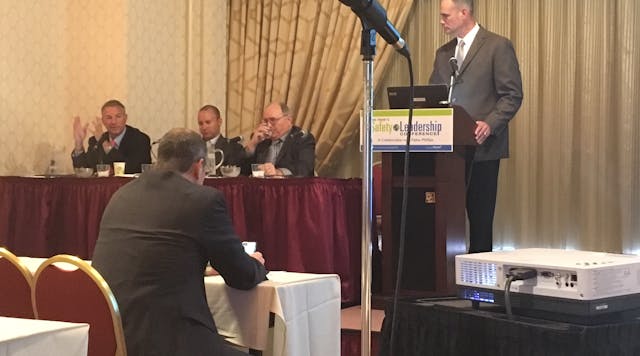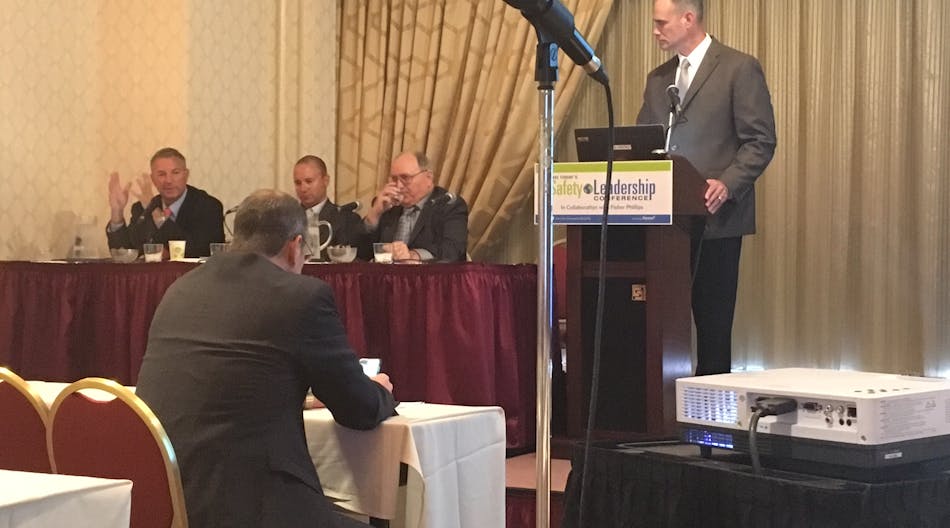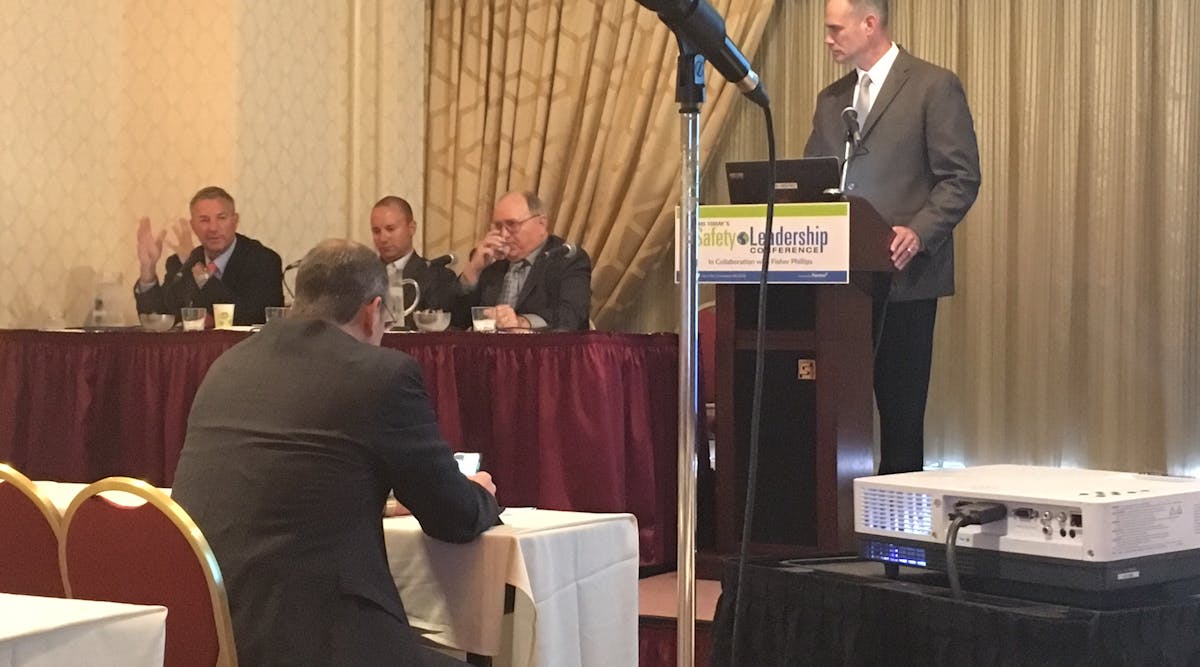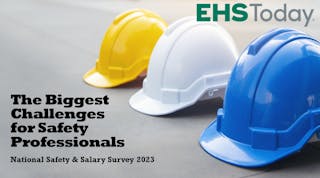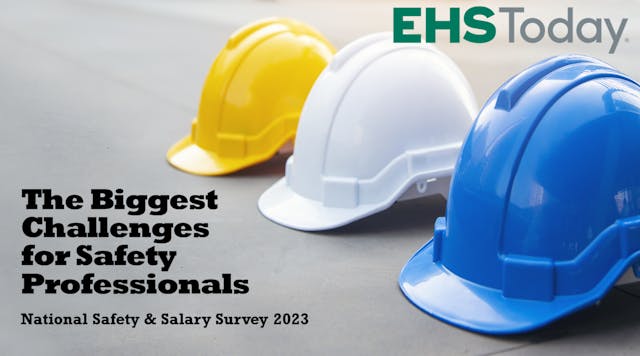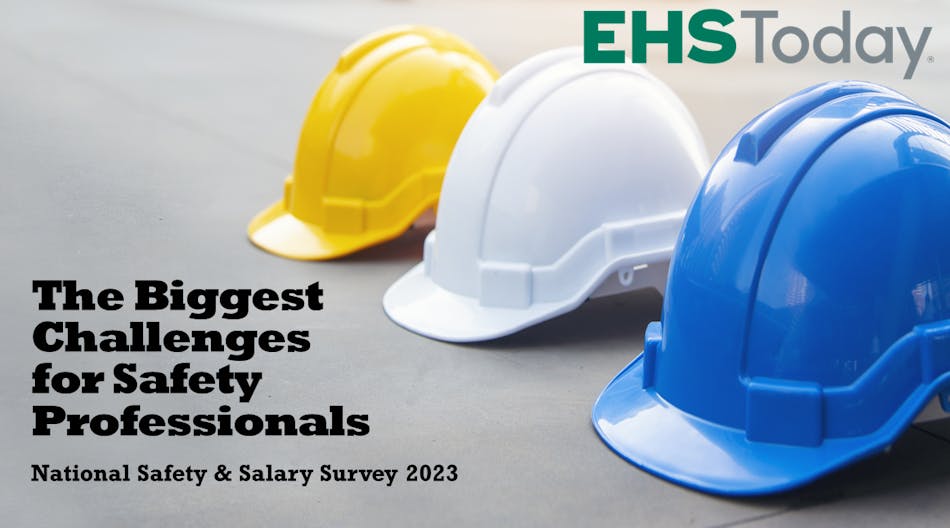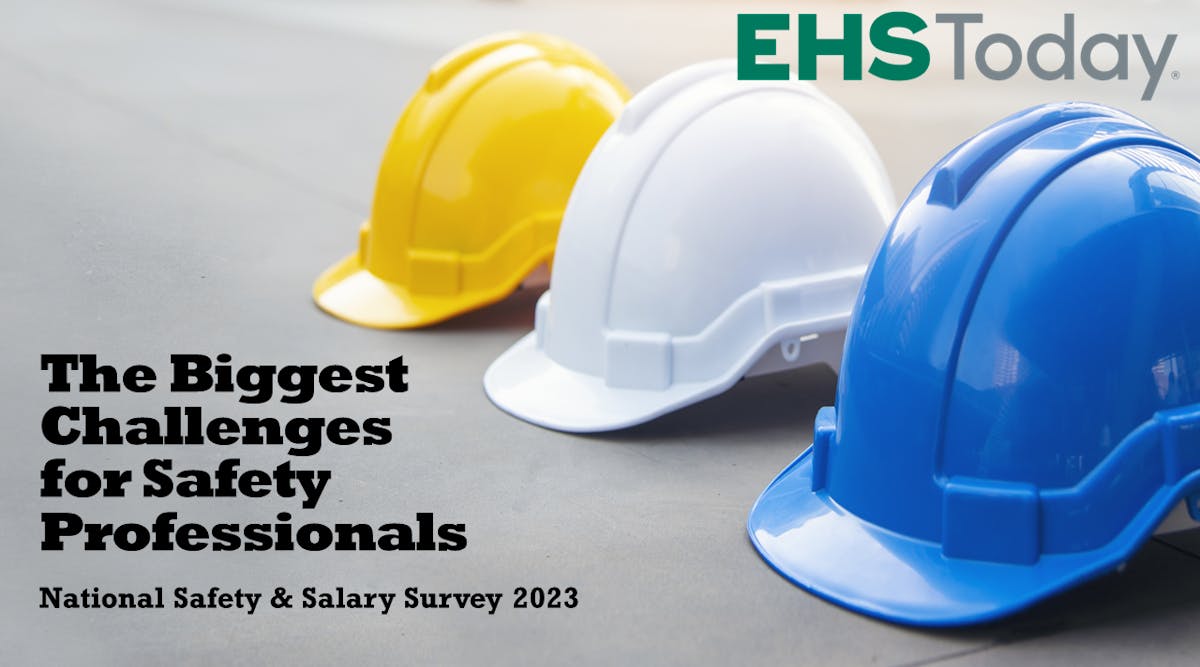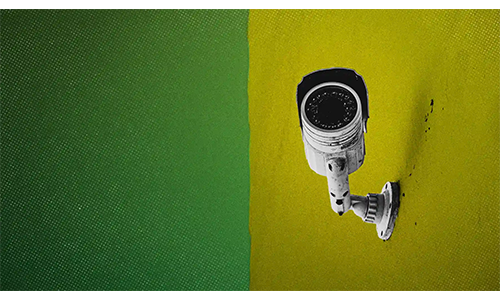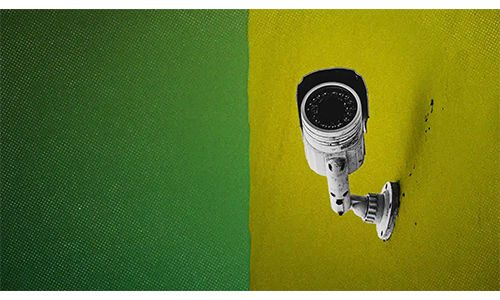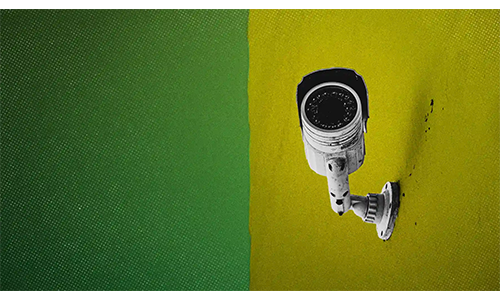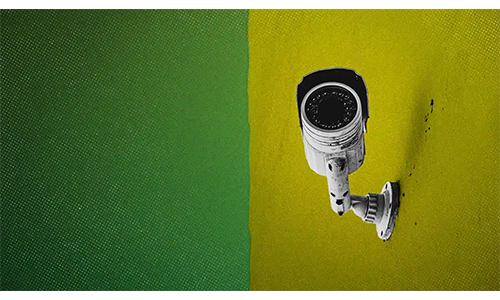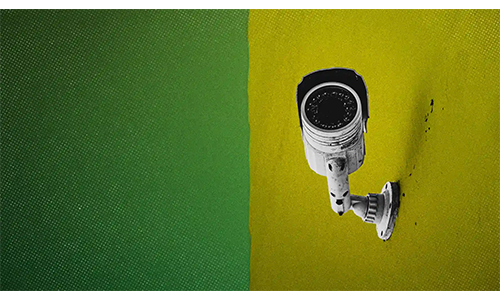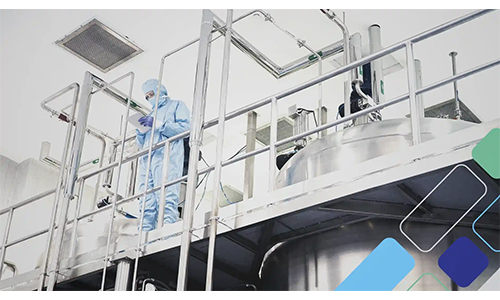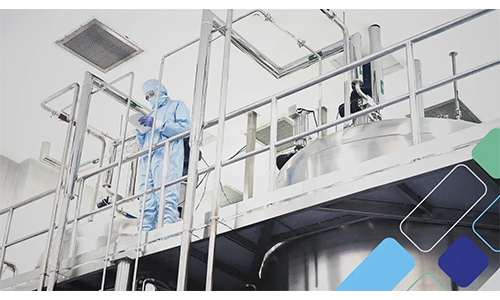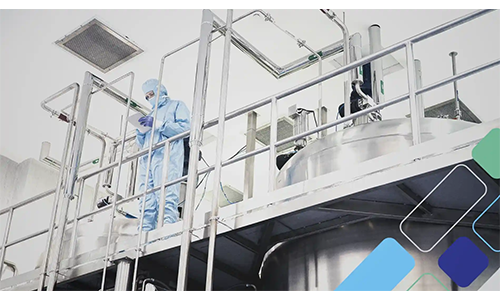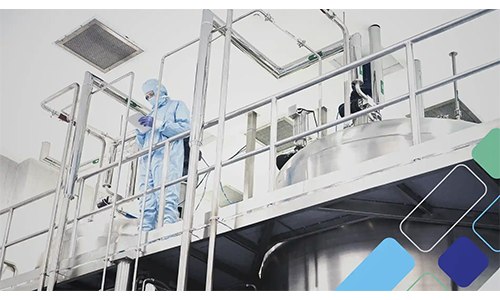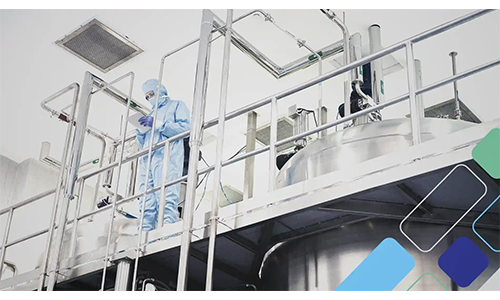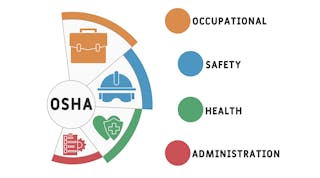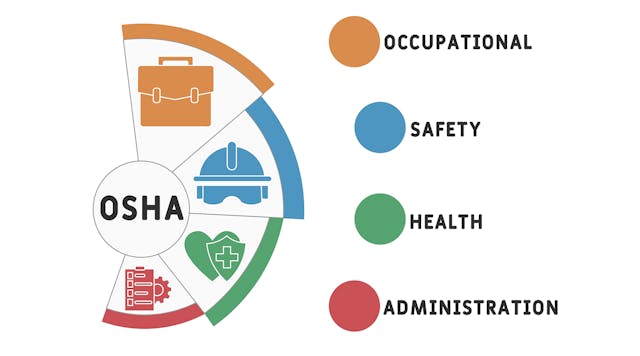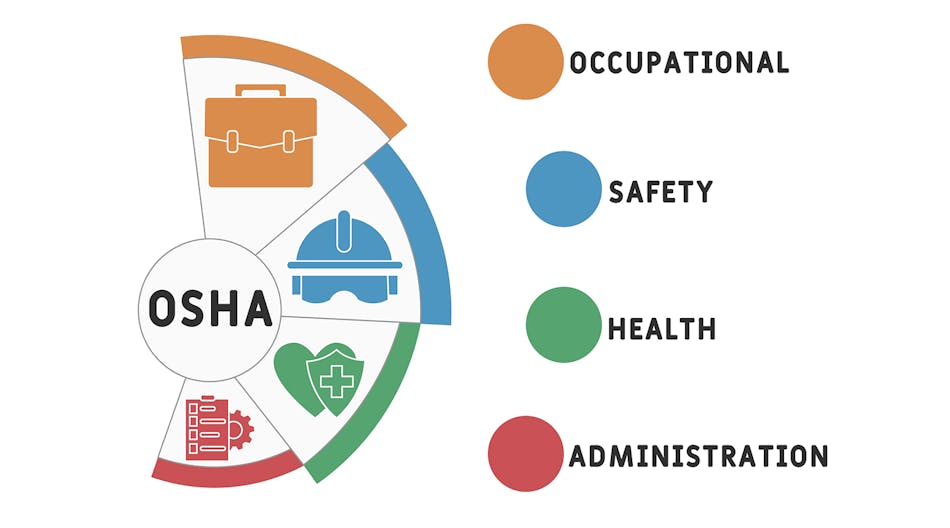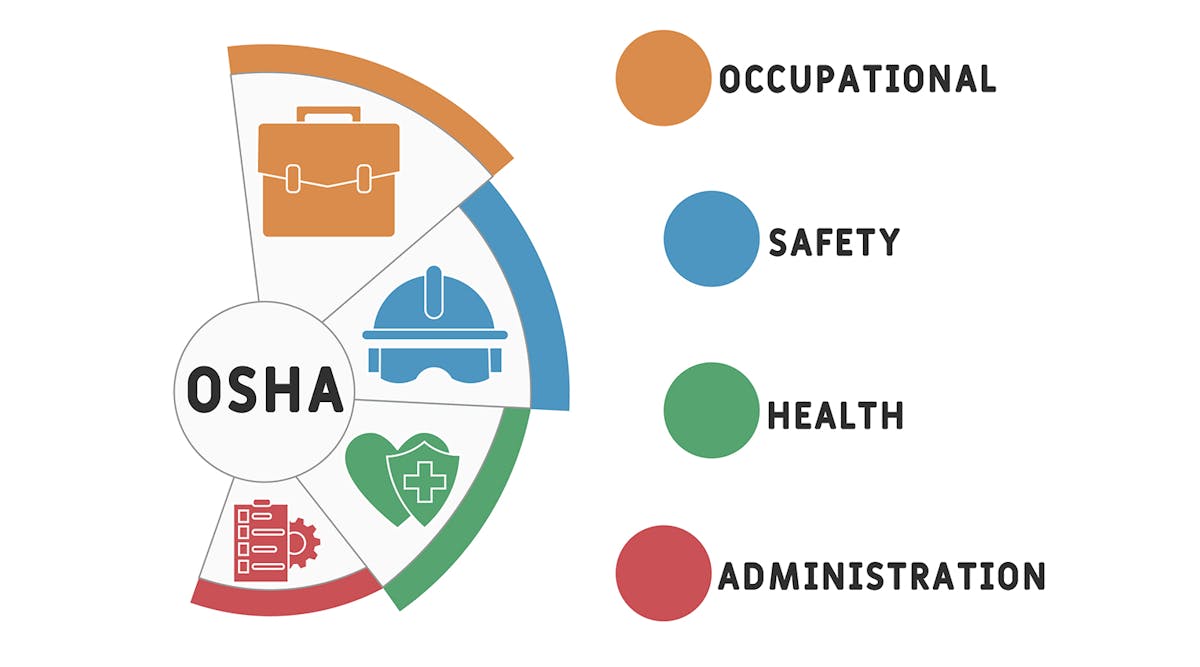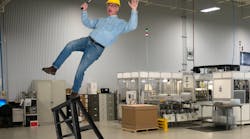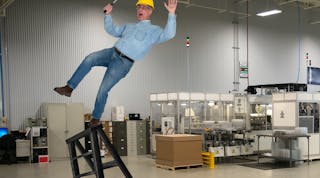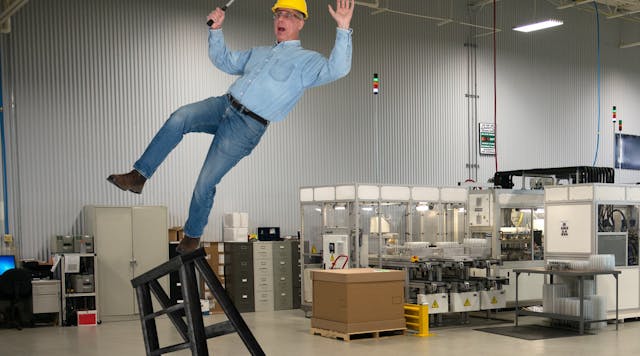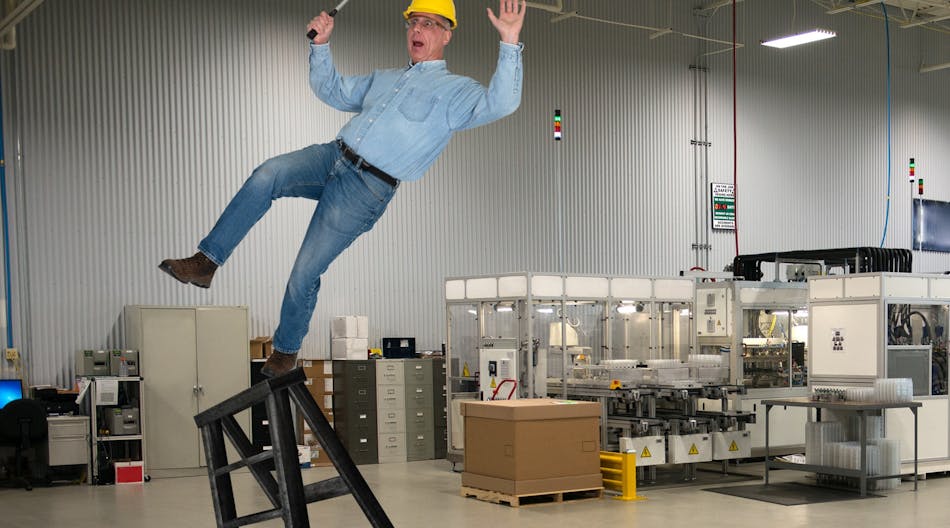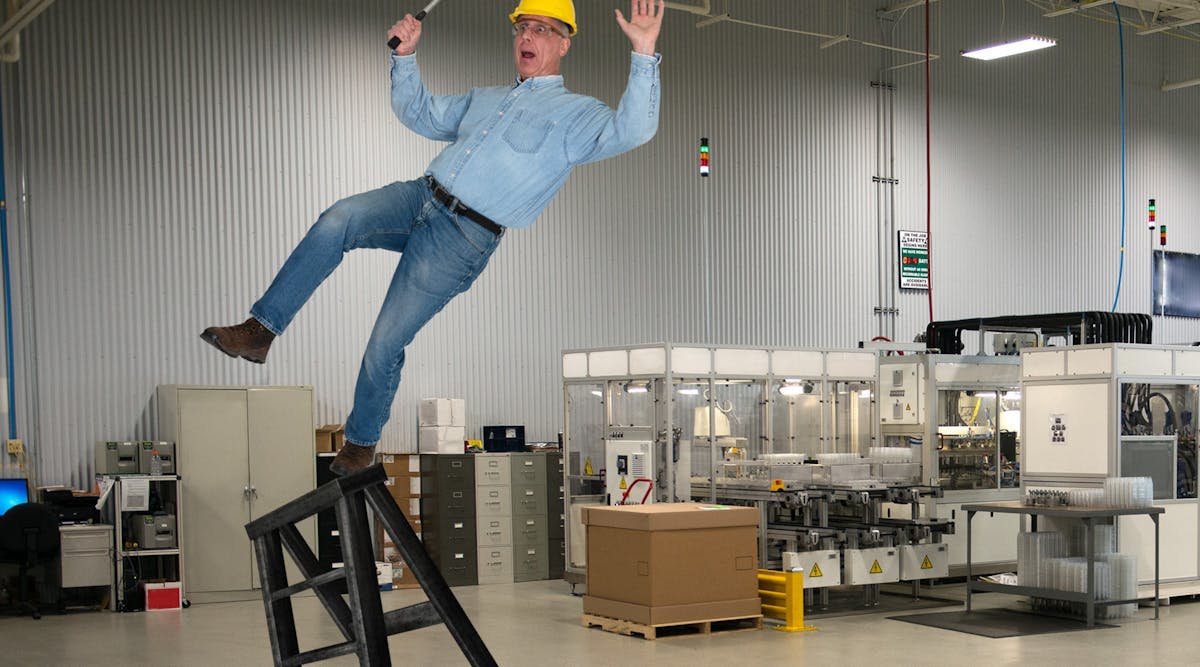Competency, a genuine nature and compassion all make up an exceptional safety professional, panelists at the Safety Leadership Conference in Pittsburgh told session attendees.
In the session titled “CEO/Executives' Take: Commitment to Safety and Hire the Right Safety Professionals,” industry leaders provided their recommendations and insight into what attributes a safety leader should process in order to promote and maintain a positive safety culture within their organization.
Mike Bellaman, president & CEO of Associated Builders & Contractors Inc., Ryan K. Odendahl, president of Kwest Group and Jimmy Slaughter, president of S & B Engineers and Constructors, Ltd. participated in the dialogue. Here are some of the questions and answers they discussed.
Q: What characteristics or attributes should a safety professional possess?
Bellaman: An uncompromised commitment to safety. They should be predictable and dependable because there are so many variables introduced. They should be able to help others understand the decision-making process and learning best practices.
Odendahl: Genuine. Every safety professional is a leader and should show they care for fellow workers. They should demonstrate patience and integrity and buy into the safety culture.
Slaughter: Compassion for people. They should be centered around caring for people and their families. They should also have communication skills to educate, facilitate, report and inspire. You don’t want your safety professionals to be looked at as a policeman. They should inspire and learn and never look at who but why [an incident] happened.
Q: What communications skills should a safety professional have?
Odendahl: They should be open and hungry for feedback. Safety professionals should have the ability to inspire and show coach-like qualities to inspire the team around them.
Bellaman: Empathy. They should seek to understand the conditions under which an observation is done because learning is important.
Q: What methods can a safety professional use to motivate employees?
Bellaman: You need to have a culture where everyone is involved. The key is all incidents are preventable, but they not all are foreseeable.
Odendahl: Building trust that the hammer isn't coming before we get all the facts for a near-miss is important. Going into that mindset is impactful.
Slaughter: Number one: we treat our people like human beings. Number two: our safety people are genuine friends with the staff.
Q: What levels of supports do safety professionals need?
Odendahl: Safety is a team sport that needs to come from the top down and the bottom up.
Slaughter: If the safety professional does not get support from the CEO or the top, there will be no safety. If your really love your fellow man, you're going to watch out for them.


